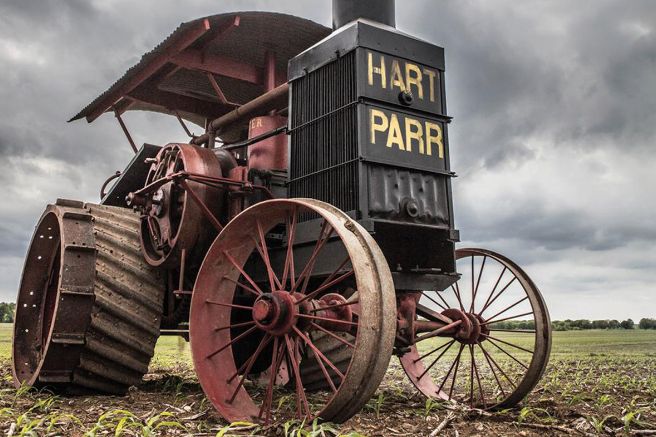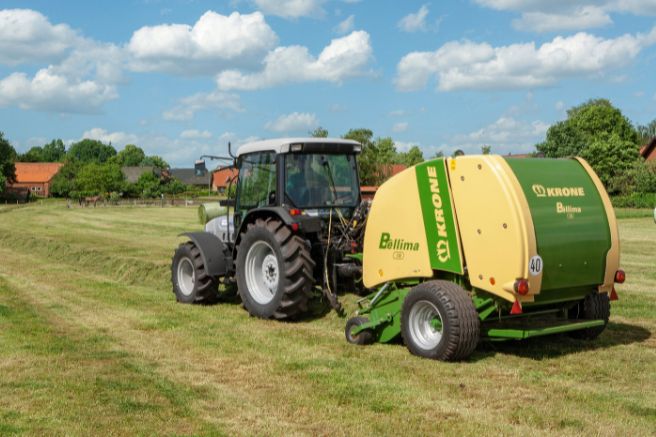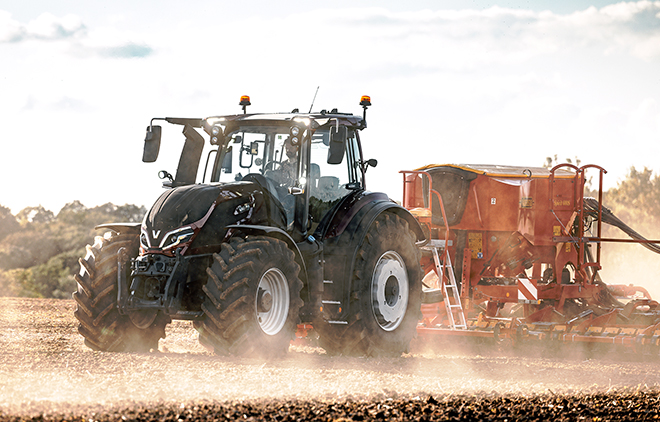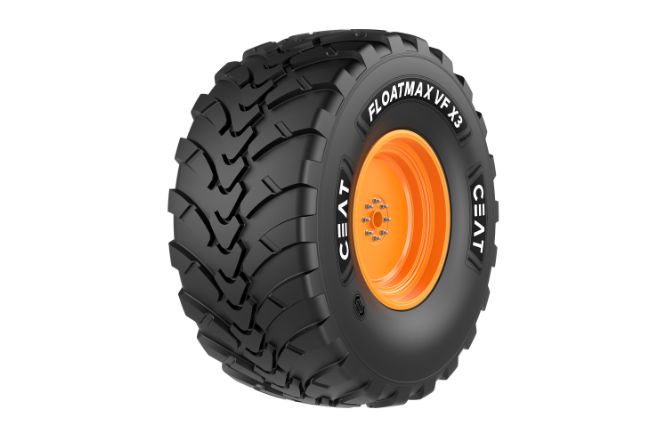
Turin, 1924. From the dynamism of entrepreneur Virginio Bruni Tedeschi emerged the company “Cavi elettrici e affini Torino,” acronymized as “Ceat.” Initially dedicated to the production of industrial wiring, it expanded its horizons in the late 1930s by venturing into the production of civilian and military gas masks. By 1946, it transitioned to manufacturing tires for agriculture and light transport. The success of these ventures enabled Ceat to expand, establishing five facilities in Italy and one in India, established in 1958 in collaboration with the Tata Group. By the early 1970s, Ceat had become a multinational employing around 20,000 individuals. However, social tensions prevalent in Italy, particularly in Turin, led the founder’s heirs to sell the company to the Indian conglomerate RPG in 1981, a company with 35,000 employees and a turnover exceeding $3.3 billion. 7
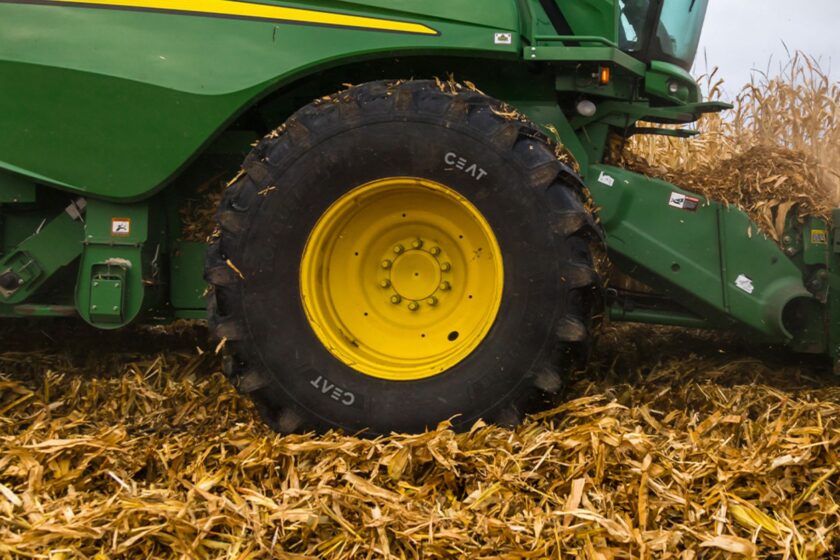
Operating in over a hundred countries, the Group revitalized the Ceat brand, broadening its product lines to include earthmoving and mining industries. Today, the Ceat brand operates both on-road and off-road under the Ceat Speciality brand, overseen by a company that is India’s largest tire exporter, producing nearly 15 million high-quality tires annually across its seven facilities. This achievement was reaffirmed last year with the award of the “Deming Grand Prize,” recognizing industrial entities committed to quality production practices. This acknowledgment enabled Ceat Speciality to establish a significant presence in the European market with a diverse range of agricultural tires. Particularly notable are the “FarMax” and “TorqueMax” series for tractors, offering reductions of up to 65%, 70%, 75%, 80%, or 85%, depending on the vehicle they equip.
Ceat tires: compaction and lower fuel consumption
Their low energy absorption on roads and wide footprint in fields are their standout features, shared with the “YeldMax” series for large harvesters, which boast exclusive mud flap inserts among their treads and exceptional resistance to stubble and stone damage. For self-propelled and towed sprayers, the “SprayMax” series is recommended, certified “Vf” like the radial tires for trailers, known as “FloatMax.” Tractors engaged in road maintenance or frequent mixed applications are specifically targeted with the “MultiLoadMax” series, while the “Forest XL” and “Lift Pro” series cater respectively to forestry and material handling activities using telescopic handlers or wheeled loaders, both featuring steel carcasses to enhance load-bearing capabilities and stress resistance.
Title: Ceat Tires, a Century of Quality





